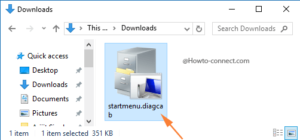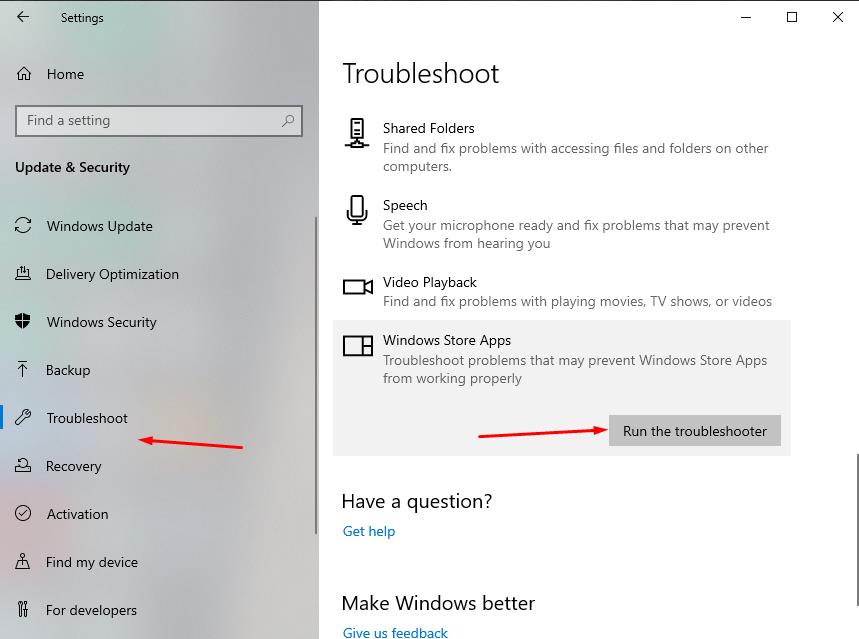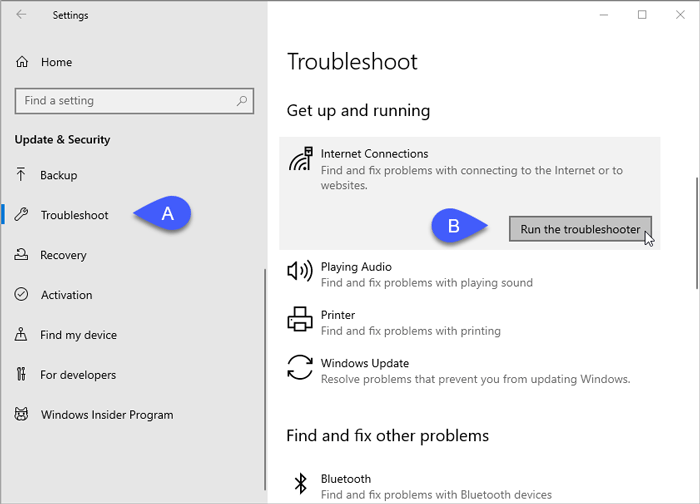
- Start menu troubleshooter for windows 10 how to#
- Start menu troubleshooter for windows 10 drivers#
- Start menu troubleshooter for windows 10 update#
- Start menu troubleshooter for windows 10 upgrade#
Start menu troubleshooter for windows 10 how to#
How to non-ASCII characters app problem on Windows 11.How to USB printer problems on Windows 11.


Start menu troubleshooter for windows 10 update#
How to fix Windows Update problems on Windows 11.How to fix system requirements issues on Windows 11.
Start menu troubleshooter for windows 10 upgrade#
This guide focuses on helping you get around common upgrade problems and steps to mitigate specific known issues (if available) during and after the installation. Since Windows 11 is based on Windows 10, the same installation problems you may see on Windows 10 are likely to appear on Windows 11.
Start menu troubleshooter for windows 10 drivers#
For instance, the installation may fail because of a compatibility issue with an app or hardware, or these problems could be related to drivers and security software like antivirus. Fortunately, Start Menu Tool provides a way to backup the current Start Menu layout and even lock it, if necessary.Also, there are those problems that are direct results of bugs with the new version. Whether we are talking about modifications due to newly installed applications or intentional or unintentional attempts to customize it, you might not like changes to the Start Menu without your consent. Avoid changes being made to the Start Menu layout

The lock status is displayed within the main window.Ī locked layout means a group policy has been set in place to prevent modifications to the Start Menu. Avoiding such situations is possible altogether by locking the current layout, which is just as easy. If you notice that the layout of the Start Menu has been tampered with, you can use Start Menu Tool to restore a previously saved copy of the layout. A confirmation message is shown once the task is complete and the date and time of the backup is revealed. This is done with the push of a button instead of having to deal with PowerShell, commands and XML files. The first thing you need to do is create a backup of the current layout of the Start Menu. It only comprises buttons for the three functions of Start Menu Tool, with no additional options to deal with. The main window is simple, clearly focused on functionality rather than looks. Following a brief installation, the application is ready to use. Start Menu Tool provides a user-friendly GUI to help you back up the layout of the Windows 10 Start Menu and restore it whenever necessary, should any changes occur. Instructions on how to do so are one search away, but if thinking about tweaking the registry and the group policy gives you headaches, then Start Menu Tool is the way to go. To prevent that from happening, you can run a PowerShell command to create a backup of the layout and apply a group policy to lock the layout in place. Furthermore, on a shared computer, different users might unpin tiles they do not need or rearrange tiles to their liking. After several app installations and Windows updates, the layout of your Start Menu in Windows 10 might suffer modifications.


 0 kommentar(er)
0 kommentar(er)
